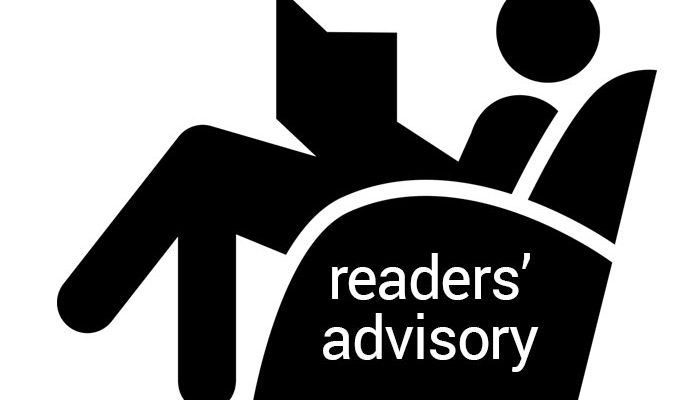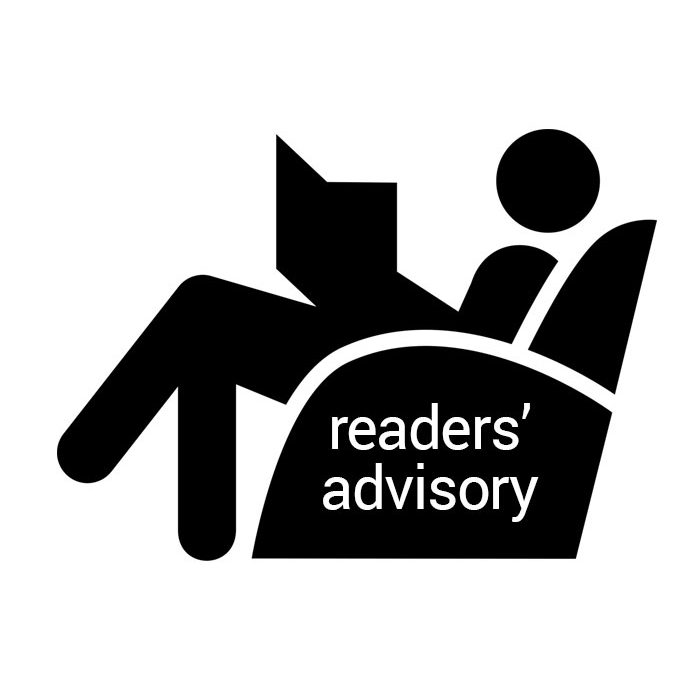It’s a new year and a great time for making reading resolutions. One form this resolution may take is to respond to a Reading Challenge. Taking this type of challenge can not only be fun, but also a great opportunity to change some of our entrenched reading habits.

From pilot to perfect: Improving RA skills by investing in training
Practice makes perfect—or at least staff can benefit from targeted readers’ advisory training, particularly when they have time to practice and reflect on their learning experiences.
A few years back, staff at the Hamilton Public Library sought to re-invigorate in-house training. This move reflected our ongoing commitment to employee development and the recognition that it is important for staff to keep their skills sharp. After a successful rollout of the Youth Services Institute and Customer Services Institute, we directed our attention to Information Services and Collections, which includes readers’ advisory services. We focused on promoting reading materials used during formal and informal occasions that occur at our programming events, as well as the day-to-day assistance we provide to our customers in the stacks and across info desks.
We chose the launch of an Evening for Booklovers program as the target of our initial push for improved readers’ advisory training. At this annual event, staff can mingle with attendees and promote recent reads (on a specific theme) during breaks in the formal program.
While just about all library staff read for recreation as well as their professional work, an understanding of the ins and outs of readers’ advisory isn’t necessarily part of their skillset. So, with our programming deadline ahead of us, we created the Readers’ Advisory Experiential Learning Program (RA-ELP). This initial six-month pilot introduced staff to the knowledge base of successful readers’ advisory:
- book genres
- appeal factors, hooks
- book talking
- sharing with others (staff and customers)
Two managers developed and curated the training content while two human resources staff provided guidance on keeping the training on track and shared their expertise on working with module development software (e.g., Articulate). Participants of the pilot enjoyed their experience and the background preparatory work—we think that this training contributed in part to the success of our Evening for Book Lovers event.
Although we see the pilot RA-ELP as paying off, particularly given our tight deadline, our major lesson learned is that it is best not to rush the training process: staff benefit from a more gradual learning experience that would encourage reflective practice. Our decision to extend the RA-ELP to a full year program, similar to the Youth Services Institute, seems like a natural outcome of this training initiative.
![]() Photo credit: rawpixel.com on Unsplash
Photo credit: rawpixel.com on Unsplash
Our full year roll-out of the RA-ELP is now underway. Working on a February-to-February timeline, participants are developing confidence by completing various learning activities as well as engaging in reflective practice and receiving coaching along with feedback. As a result, they are demonstrating increased competence and ease in promoting adult collections across a variety of program/event settings.
For this year-long training, we’ve kept the content and strategies that worked well during the pilot, including:
- A mix of face-to-face instruction delivery and online modules
- Flexibility in participant involvement, with optional and required components
- Both paid and unpaid activities.
- An ongoing focus on adult collections (fiction, non-fiction, movies, music, etc)
We’ve also made some significant changes:
- We provide more opportunities to put participants’ understanding of the theory into practice. Now we offer a broader range of readers’ advisory activities that complement ongoing system and branch based activities (e.g., Evening for Book Lovers event, book club facilitation and development of read-alike lists, in branch champions for the Hamilton Reads title, and social media promotion exercises).
- We centralize program information. With the addition of a new team manager with Microsoft SharePoint expertise, we have created a dedicated online space and online tracking form. Now participants can access all the training requirements and deadlines in advance, e.g., the training syllabus, resource links, assignments with noted deadlines and supporting information.
- We offer an opportunity for increased coaching and mentoring. Community librarians coach staff participants and provide feedback throughout the training under the guidance of a team manager.
- We have recently migrated to a more advanced version of Microsoft SharePoint), which has allowed us to create a readers’ advisory online community. Now, all staff (not just participants) could tap into readers’ advisory content.
- Finally, participants have more opportunities to offer critical feedback on the program elements as they move through the program. As a result, the RA-ELP team developers can make ongoing improvements and keep training content fresh and relevant.
Overall, we think our investment in training has paid off. Staff continue to build their readers’ advisory skills and competencies, increase the ease with which they share their knowledge with others, and develop a strong culture of collections awareness. Practice does make perfect.
Dawna Wark is a manager with Hamilton Public Library. She sits on the OPLA Readers’ Advisory Committee and is on the Hamilton Public Library’s Experiential Learning Program team. She can be reached at dwark@hpl.ca
